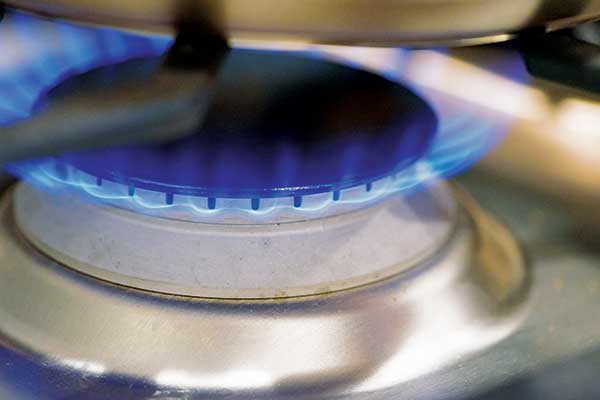NPGA: ‘More serious opponent’ targets gas stoves
The U.S. Department of Energy (DOE) issued a notice of proposed rulemaking Feb. 1 that addresses energy conservation standards for consumer conventional cooking products.
The notice drew the immediate attention of the National Propane Gas Association (NPGA), which says the proposed efficiency standard modifications benefit electric stoves over gas stoves.
“One area clearly in their crosshairs is pilot light usage,” NPGA President and CEO Steve Kaminski shares with LP Gas.
The notice follows numerous media reports in January about the Consumer Product Safety Commission’s (CPSC) view on gas stove emissions, with one of its commissioners hinting products could be banned if deemed unsafe. Days after the initial report and following a public outcry, the CPSC chair eased concerns about a gas stove ban, though indicating the agency still planned to gather information on gas stove emissions.
NPGA learned in December about the CPSC’s interest in emissions profiles of gas stoves compared to electric. Since then, the association has engaged with coalition partners in the natural gas and home appliance manufacturer spaces as well as with the Propane Education & Research Council, state propane associations and its membership. In addition, Kaminski says, the association’s team of attorneys, scientists and engineers are ready to represent the industry.
“In addition to the data we have on stove emissions and ventilation, NPGA is gathering even more information to ensure that all policymakers understand the real data,” Kaminski wrote to members in January.
“There’s a lot of ways that we should improve air quality in this country,” Kaminski told LP Gas, “but stovetops is just not one of them.”
NPGA learned of the DOE’s involvement during the association’s winter meetings in New Orleans, where Kaminski announced the news to the board of directors.
“This is what I would consider a more serious threat because the Department of Energy has greater authority than the CPSC,” he says.
Kaminski has focused on the positives, reflected initially in the widespread support for energy choice, including from federal, state and municipal governments. But DOE’s involvement in gas stoves from an energy efficiency standpoint adds another layer of concern for the industry.
“We thought we were in the middle rounds of the stove issue, and it looks like we are back to maybe round one or round two with a more serious opponent at this time,” Kaminski says.
NPGA, which has 60 days to comment on the DOE gas stove rulemaking, is already engaged in rulemaking around efficiency codes involving gas furnaces and water heaters. The association says it has allocated significant resources to fight rulemakings that work against the industry.

















